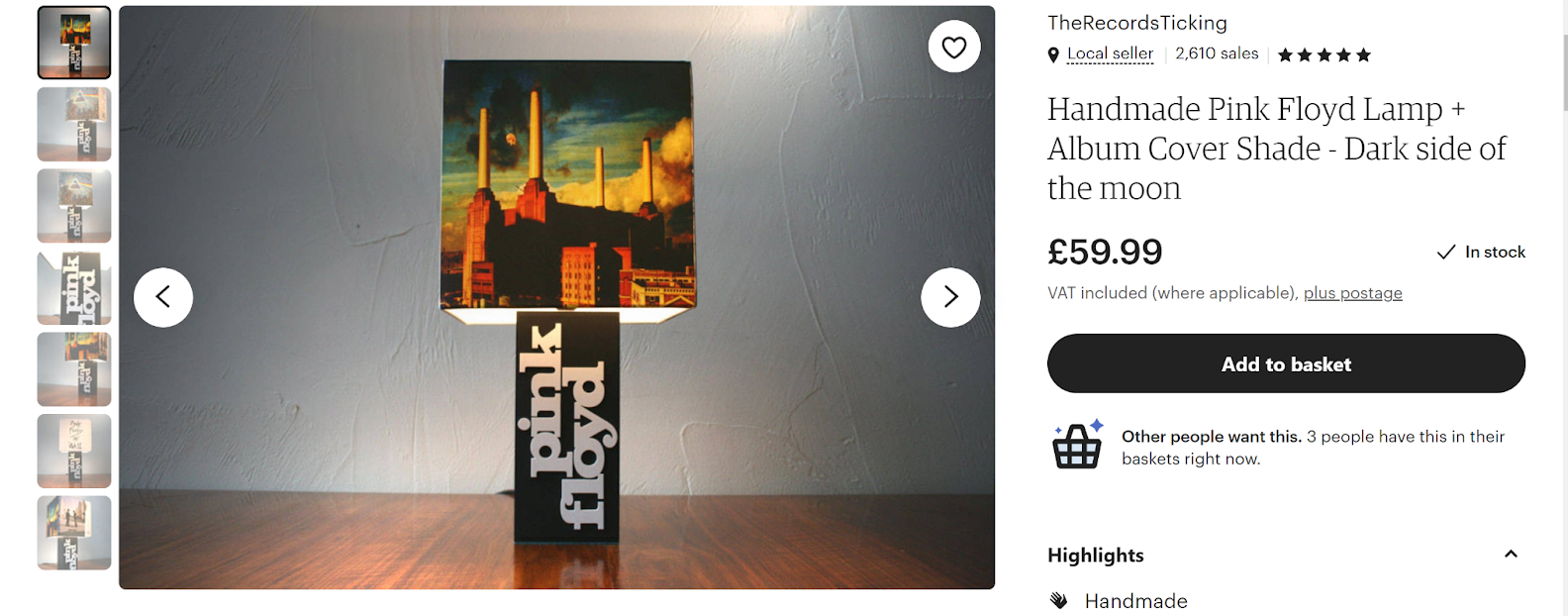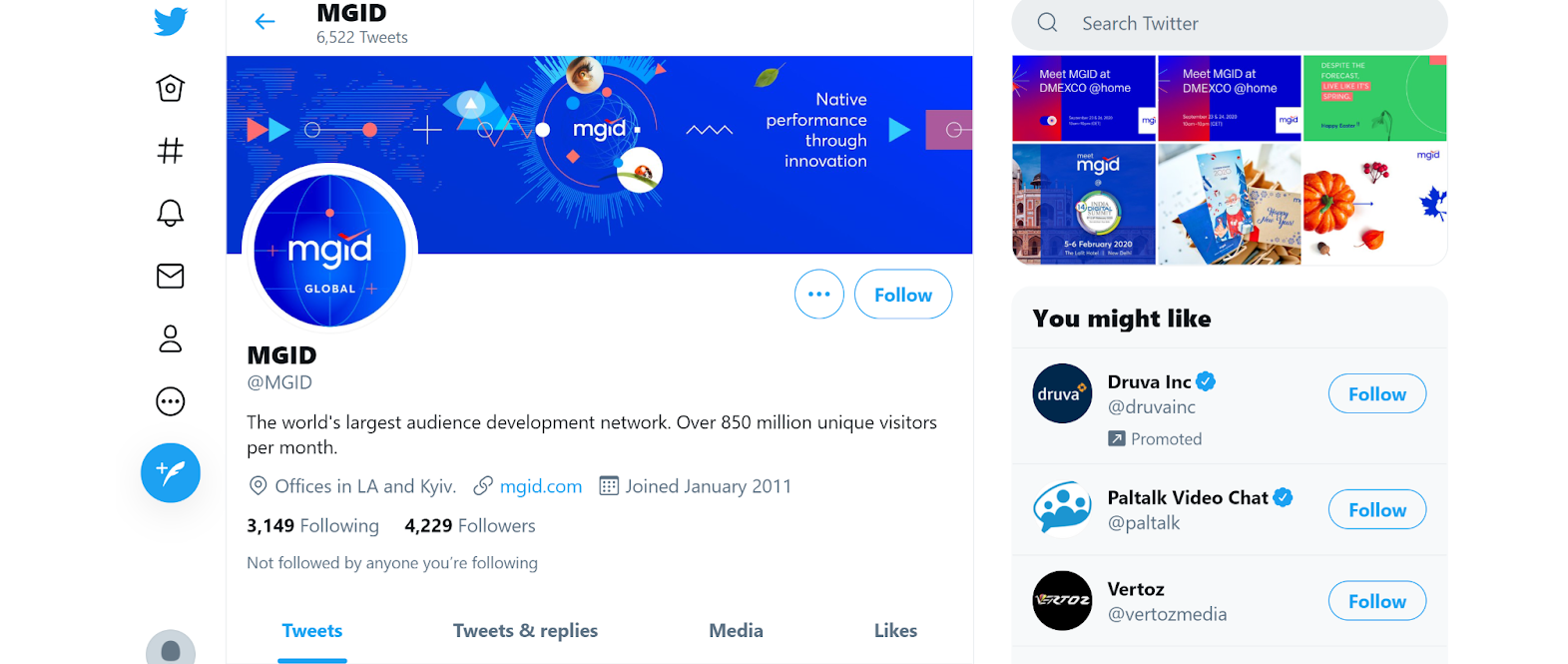Have you ever made a purchase based purely on the amount of glowing 5* reviews? Similarly, do you ever skim over products with a 1* star review, barely stopping to consider them at all?
As consumers, we’re often blissfully unaware of how psychological principles play a role in our buying habits. However, as marketers, it pays to be intuitive to the science behind consumer behavior.
A psychological phenomenon that has taken the marketing world by storm is social proof, and it’s done so for a very good reason. Social proof is everywhere, and marketers are using it to build customers’ trust and establish a voice of authority in their niche.
What is social proof?
Social proof psychology, also known as informational social influence, is a psychological phenomenon based around the concept that humans emulate the behavior of others around them due to an innate need to conform.
Social proof and marketing
In a marketing context, social proof is the idea that a consumer will make purchasing decisions based on the actions of those around them. For example, if we walk past a restaurant full of smiling, satisfied customers, we’ll assume that the restaurant’s food is good and be more inclined to dine there.
If a friend raves about their new laptop or private cloud storage alternative, you’re much more likely to consider that brand the next time you’re shopping for new tech.
This is because social proof is primarily about trust. As humans, we’re naturally inclined to trust the consumer over the corporation. After all, it’s one thing for your marketing team to say that your product is life-changing or you deliver exceptional customer service, but it sounds significantly more authentic if it comes from an everyday consumer.
Businesses are using social proof psychology to boost their credibility and gain customer’s trust. It is effective in both online and offline marketing - you can even use it to strengthen your cold-calling scripts, emails, and in-person sales - but for digital marketing, there are five primary forms of social proof that you should be aware of.
5 types of social proof
Expert’s social proof: A credible expert, such as a renowned entrepreneur or established blogger in your niche, is often seen as a voice of authority.
Celebrity endorsement: Celebrities and influencers are walking advertisements whose promotions can significantly influence your brand’s reach, reputation, and conversions.
User testimonials: People initially trust the everyday user more than the brand, so sharing user-generated reviews, ratings, and success stories is a strategic way to boost your brand’s credibility.
“Wisdom of the crowd”: Humans have an innate pack mentality, meaning that we usually follow the crowd for guidance. If a group of people say something is good, we’re naturally inclined to have high expectations of it.
“Wisdom of friends”: If people see their friends using your product or following you on social media, they are much more likely to follow suit.
So, those are the basics. But how can your business implement social proof psychology into your marketing strategy to build customer trust and loyalty?
Social proof examples
There are a lot of different ways that you can use social proof to build customer trust—this list is in no way exhaustive.
Here are just a few of the most well-known strategies along with some examples.
Product reviews
Positive user-generated reviews are particularly good at converting prospects into customers, simply because we trust user reviews much more than we trust a salesperson, company, or sponsored reviews.
Research shows that 91% of people always read a product review before making a purchase. Not only that, but 64% say that for a brand to appear trustworthy, they should have at least 11 reviews.
So, encourage reviews on your website, social media, or via Google My Business. Star ratings are a popular choice because they’re low-effort for the reviewing customer and easily digestible for the prospective customer. However, a more comprehensive review system, like the one pictured below, allows for a more in-depth deep dive into the quality of your product.

Best Buy has a particularly comprehensive review section where you can leave longform reviews, star ratings, and post-purchase images, as well as sort by keywords.
Brand reviews
Building a successful business is dependent on much more than just your product or service. Customer service and aftercare are also incredibly important for your brand’s image. For example, having an easy, no-fuss returns policy as part of your post-purchase strategy makes customers more likely to leave a positive review and make repeated purchases.
Gather feedback via surveys. Ask for suggestions on how you can improve your customer support. Even if you receive negative reviews, responding politely and offering a solution is a great way to build your brand’s positive reputation.
Case studies
Case studies are a long-form social proof strategy that will work well for your business if you’re marketing B2B software, finance services, or anything requiring high authority.
In-depth user reviews with a fair amount of data and discussion are generally perceived to be more genuine than concise reviews, so including a comprehensive case studies section on your website can give you a great deal of credibility.
Celebrity/influencer marketing
One of the oldest forms of social proof has been revolutionized by the rise of Instagram. Social media influencers are just that - influential - and can hold an extraordinary amount of power over their followers’ consumer habits. Having an influencer promote your product on their platform can increase your brand’s reach, authority, and sales by a significant amount.
Many startups and small businesses send influencers their products for free in exchange for a promotional post or mention. However, affiliate promotions have become extremely popular, and paid promotions remain highly utilized.

Business credentials
Being recognized by esteemed brands boosts your authority and social proof, which is why some businesses display the logos of brands they’ve serviced on their website. This works great for B2B companies who’ve had some time to establish their name but are still relatively small in comparison to others in the niche.
Other credentials that boost social proof include:
- Numbers and statistics
- Industry awards and recognitions
- Accreditations
A ‘best-seller’ category
Having a ‘best-sellers’ or ‘most popular’ category is a great way for retail businesses to utilize social proof psychology. It plays into the age-old belief that ‘if lots of people are buying it, then it must be good, right?’
The ecommerce giant Amazon uses its best-selling shoutout to drive higher conversions.

Real-time stats
Showing real-time stats on your website is an effective way of creating a sense of urgency to inspire action. Sharing how many other people are viewing the page your customer is on, or how many of them have the product in their basket, can trigger what we like to call FOMO - the fear of missing out.
Etsy shows users how many other people have the product in their basket in order to incite urgency and action.

Platform integrations
If your service is integrated with other services or platforms - particularly any popular, big-name brands - then making this information public on your website serves as a great introduction to your brand.
For example, online meeting apps might put the logos of Microsoft 365 or Google Workspace on their website to show that they are fully compatible with these platforms. The familiarity of these well-known names evokes a sense of reassurance and reliability, in turn inspiring customers to trust your brand.
Expert insights
Whether it’s a product review, guest-post on your blog or a collaboration, getting an expert involved with your brand will raise your authority; it’s a very traditional social proof. If esteemed experts associate themselves with your brand, consumers make positive assumptions as to your credibility.
Social media proof
Establishing a digital presence is crucial in this day and age. It goes without saying that the more followers you have, the more reputable people assume your brand is, so building followers across multiple channels can significantly boost your social proof.
You can use your social media platform to engage with customers and other brands, promote and host virtual events, share images of your products, and gather user testimonials to put on your website.
Social media channels themselves use social proof psychology by recommending you to people whose friends follow you. Not only that, but they generally have a ‘you may also like’ section, where they recommend profiles in the same niche. You can see this down below on MGID’s Twitter page.

Final thoughts
The great thing about these social proof strategies is that you can implement as many as you like to maximize your efforts.
Keep in mind though that authenticity is an integral part of building a customer’s trust, so use these strategies authentically and organically for the best results.





